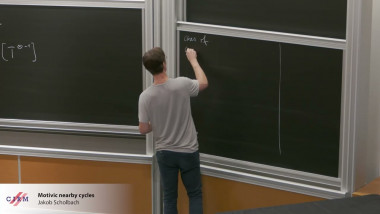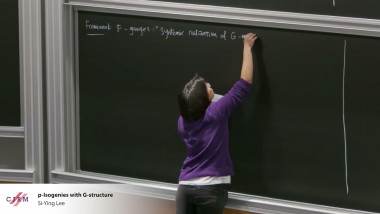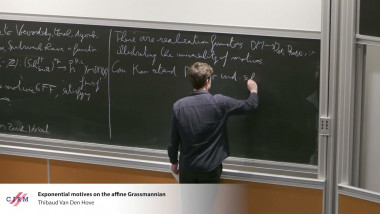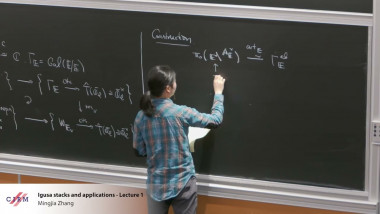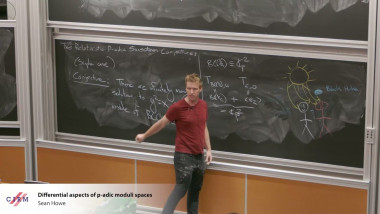[1159] The Riemann zeta function in short intervals
By Adam Harper
Appears in collections : Bourbaki - Mars 2019, ECM 2024 Invited Speakers
A classical idea for studying the behaviour of complicated functions, like the Riemann zeta function $\zeta(s)$, is to investigate averages of them. For example, the integrals over $T \leq t \leq 2T$ of various powers of $\zeta(1/2+it)$, sometimes multiplied by some other cleverly chosen function, have been investigated extensively to deduce upper and lower bounds for the maximum size of $\zeta(1/2+it)$. More recently, Fyodorov and Keating have proposed the investigation of much shorter integrals over $T \leq t \leq T+1$. This turns out to lead to interesting connections between various issues in number theory, analysis, mathematical physics and probability, such as branching random walk and multiplicative chaos. I will try to explain some of these connections, ideas from the proofs, and what they tell us about the zeta function.
[After Najnudel, and Arguin, Belius, Bourgade, Radziwiłł and Soundararajan]









